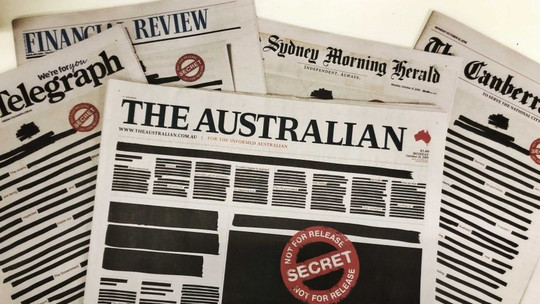The inquiry followed raids on the home of a News Corporation journalist and the offices of the ABC in June 2019. While the Parliamentary Joint Committee on Intelligence and Security did raise concerns that there was not enough legal rigour in approving search warrants, it recommended that warrants can still be issued for police raids on journalists and media companies without those warrants being challenged.
The inquiry also made several welcome recommendations, including support for defamation law reform, journalist shield laws and improvements to freedom of information. The MEAA has welcomed the proposal to improve public interest disclosure arrangements for public servants and will examine the proposal for improved exchanges of information with government departments and their media liaison personnel.
The inquiry followed an industry-wide campaign by the Right to Know coalition of media organisations, including News Corp, the ABC, Nine, Seven, SBS and The Guardian, calling for six reforms to ensure the public was kept informed.
MEAA’s Media President Marcus Strom said: “Despite a year-long inquiry into the impact of security laws on the public’s right to know, journalists still face jail for legitimate news reporting in the public interest. We still have a situation where journalists are considered guilty before the law. It should be up to the government agency to prove a case, not for a free media to prove it hasn’t breached any laws."
The IFJ said: “Any attempt to criminalise the legitimate work of journalists and penalise their confidential sources is deeply disturbing. There is an urgent need for broader reforms to protect press freedom and the public's right to know."

